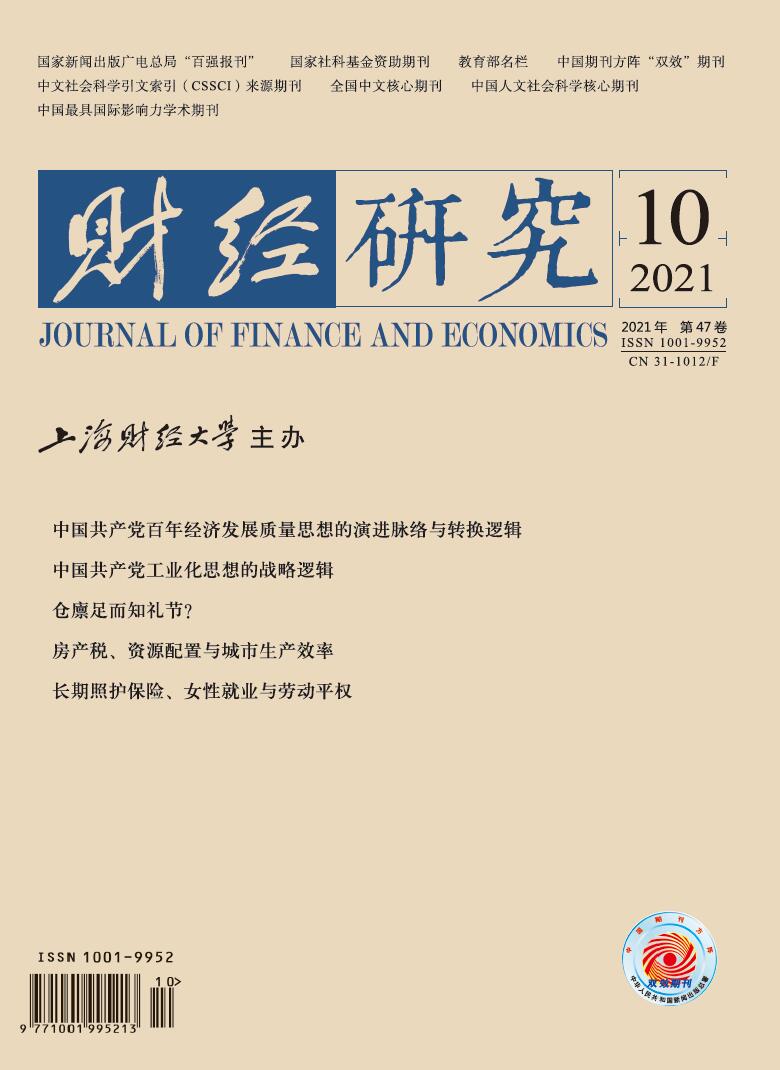From 1949 to 1978, or the period of socialist revolution and construction, the Communist Party of China’s first generation of collective leadership formed a unique industrialization thought system. Through the related policy, the industrialization thought system had a profound impact on the industrialization practice, and before the reform and opening up an independent and relatively complete industrial system had been established. Their industrialization thought is embodied mainly in the strategy of prioritizing the development of heavy industry, and the strategy is the main body of China’s grand strategy.
During the above period, the strategy of prioritizing the development of heavy industry played an important role in promoting the development of productivity. At that time, we must carry out the ownership revolution to create conditions for socialist industrialization, and the revolution was completed in the middle and late 1950s. On the other hand, we must carry out a revolution in production technology to consolidate the foundation of science and technology and the productivity. At that time, under the special international political and economic environment, in their point of view, security is more important than development to a certain extent, so they adopted the strategy of prioritizing the development of heavy industry, and the strategy is based on Mao Zedong’s thought of “three simultaneous developments”, which is the main content of his economic strategic thought. The thought of “three simultaneous developments” refers to the industrial development thought of simultaneous development of agriculture, light and heavy, the regional development thought of simultaneous development of coastal and inland areas, and the powerful country development thought of simultaneous development of economy and national defense.
Although the strategy of prioritizing the development of heavy industry has realized security objectives through developing industrial structure and scale, it has not achieved the efficient economic results which are comparable to the market economy. Some economists made negative comments on this development strategy mainly on this ground. Such an evaluation is only valid in the sense of economics. This also suggests that once the conditions are ripe, China will carry out reform and opening up. However, from a strategic perspective, this evaluation is one-sided, because it takes no account of the most urgent security objectives of that era. And, in the present and future process of new industrialization, we still need to make strategic trade-offs between security and development to meet the requirements of the times.






 6499
6499  7152
7152

